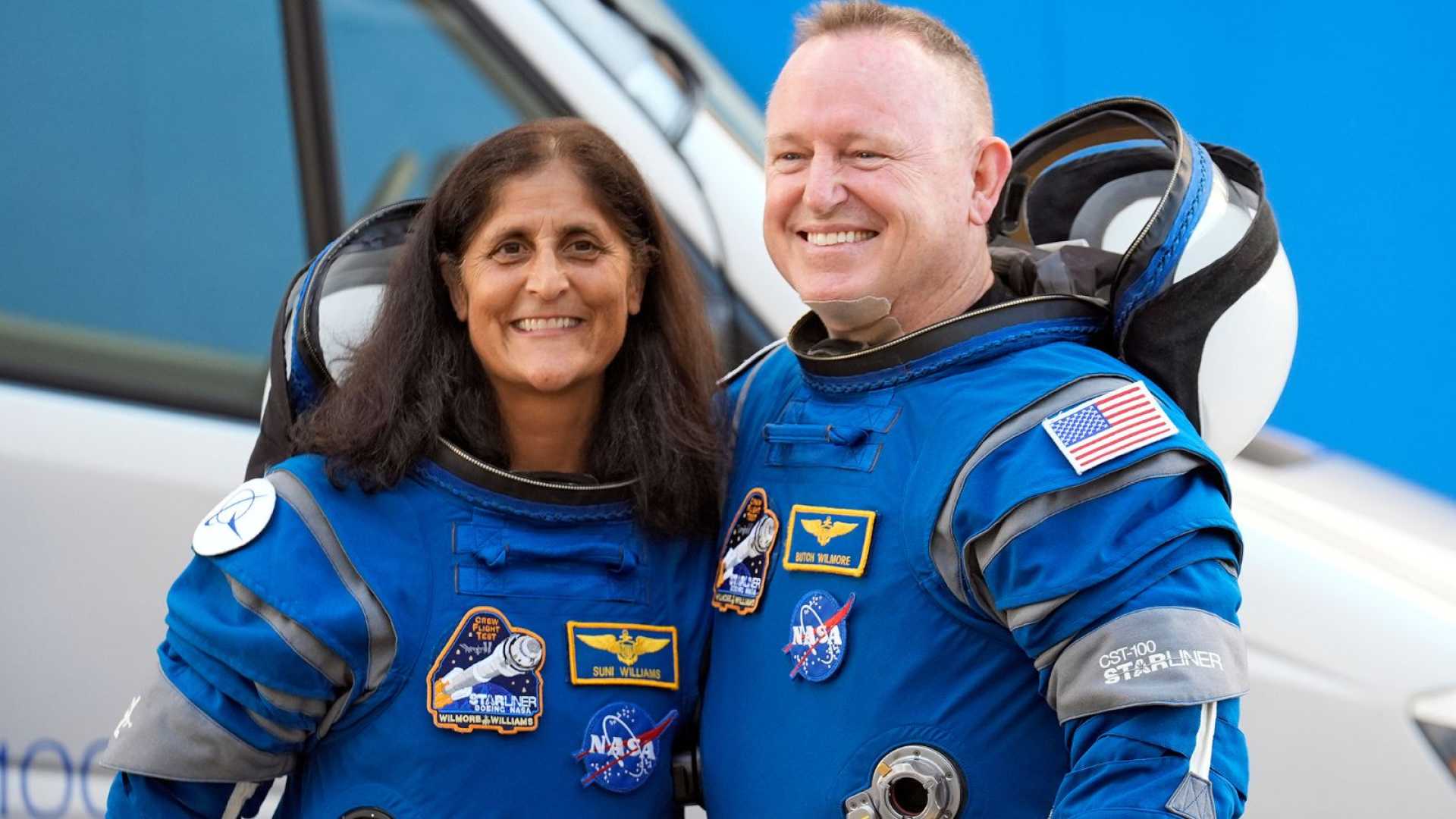News
Concerns Mount Over NASA Astronaut Sunita Williams’ Health After Prolonged Stay on ISS

NASA astronaut Sunita Williams, 59, has been at the center of growing health concerns after recent photos from the International Space Station (ISS) showed her appearing significantly thinner and with hollow cheeks. Williams and fellow astronaut Barry Wilmore were initially scheduled for an eight-day mission on the ISS but have now been there for over 150 days due to technical issues with their Boeing Starliner spacecraft.
The extended stay, which is expected to continue until February 2025 when they will return to Earth on a SpaceX capsule, has raised worries about the potential health risks associated with prolonged space travel. Despite the astronauts’ routine medical evaluations and monitoring by dedicated flight surgeons, the visible weight loss and sunken cheeks in Williams’ recent photos have sparked concern among medical professionals.
Dr. Vinay Gupta, a pulmonologist, noted that the appearance of sunken cheeks typically indicates overall weight loss, likely due to a significant calorie deficit. Although Gupta does not believe Williams is in immediate danger, he expressed concern about her current body weight and the natural stresses of living in a high-altitude, pressurized environment for extended periods.
NASA has reassured the public that Williams and the other astronauts on the ISS are in good health and continuing their missions as planned. However, the recent health issues follow the hospitalization of four astronauts from NASA’s Crew 8, who spent over 200 days on the ISS and were taken to a hospital as a precaution upon their return to Earth.
The astronauts’ daily routine includes around 2.5 hours of exercise to combat muscle and bone loss in the microgravity environment of space. Despite these efforts, the prolonged stay has highlighted the challenges and potential health implications of extended space missions.












